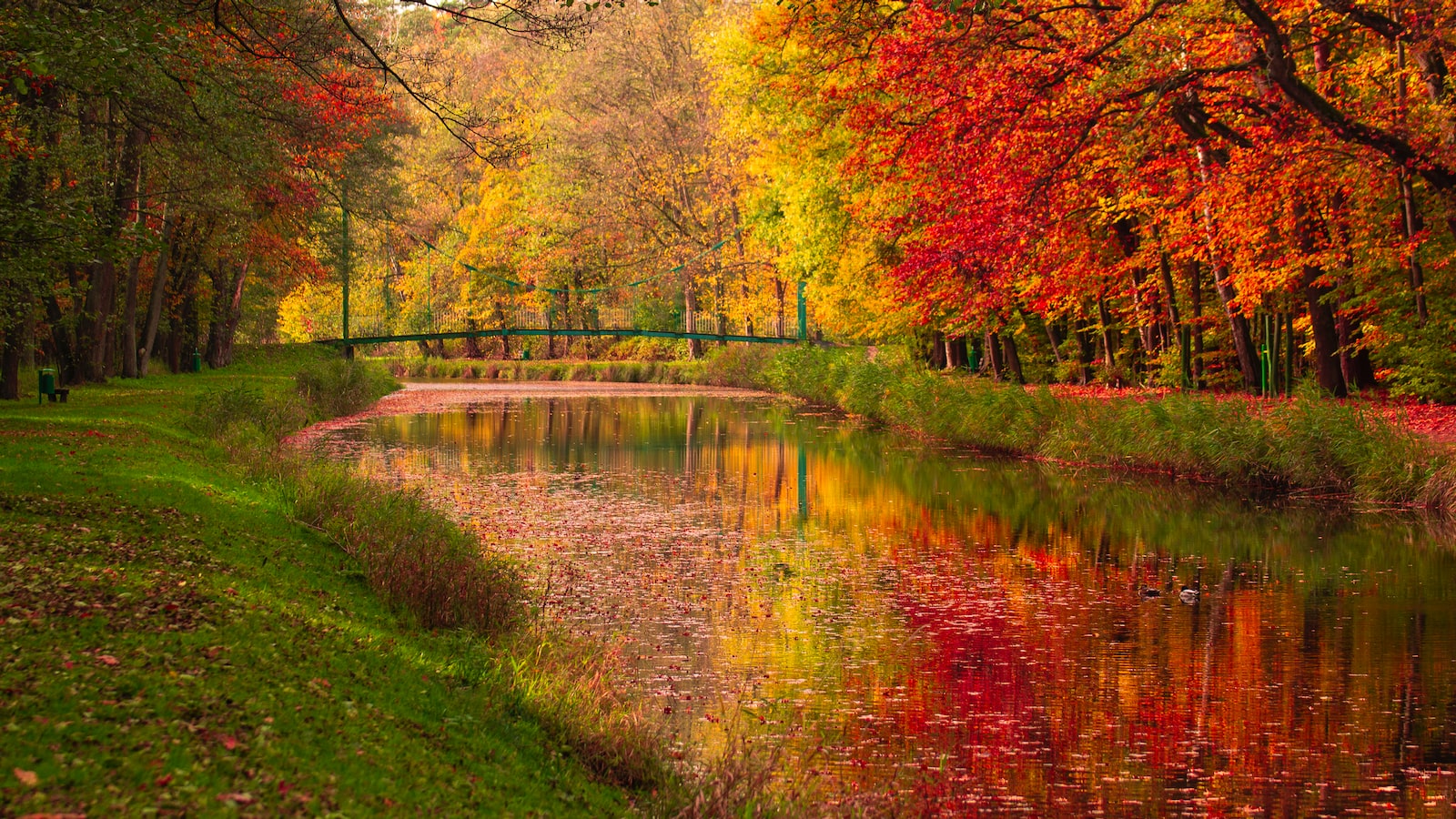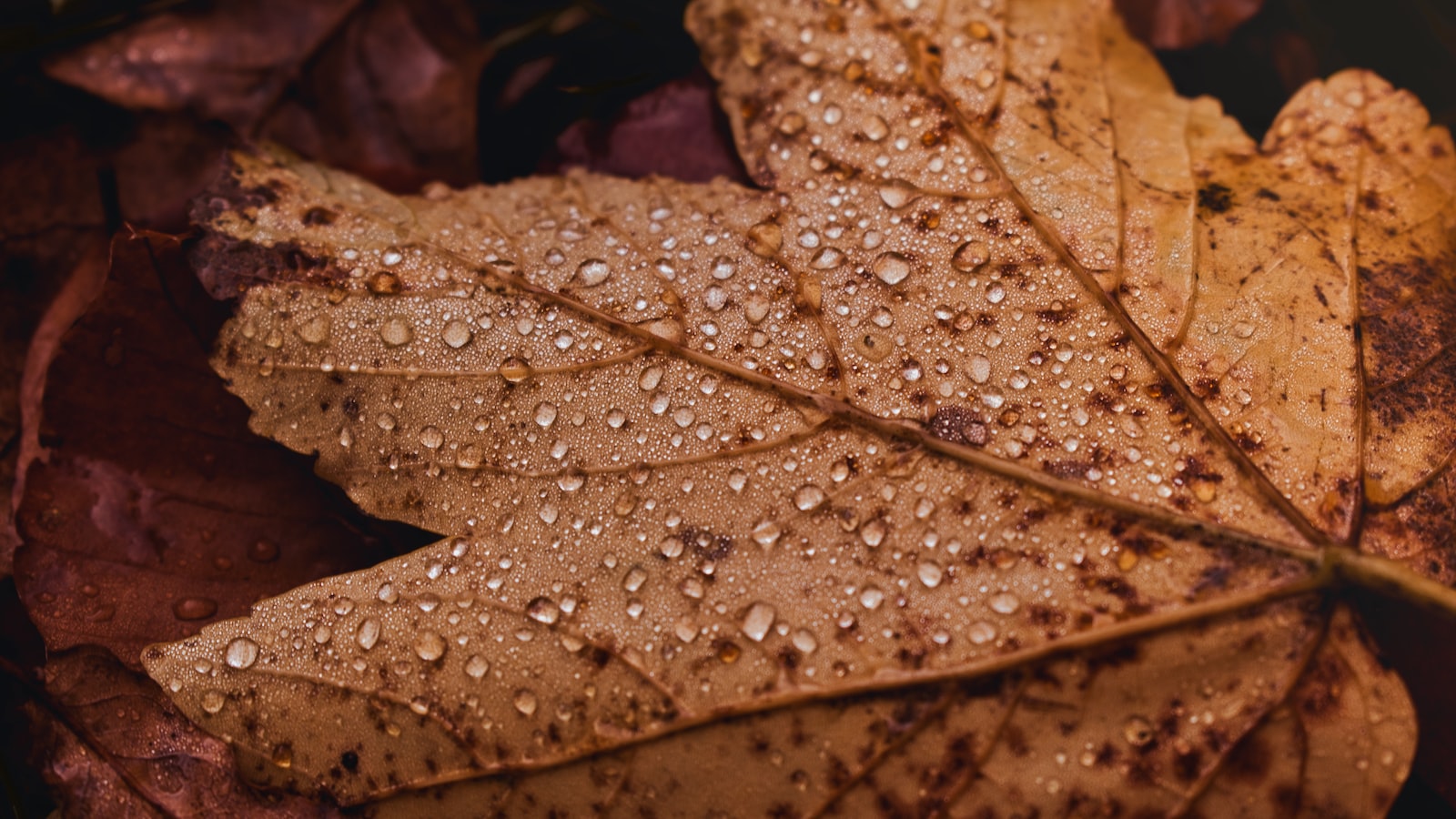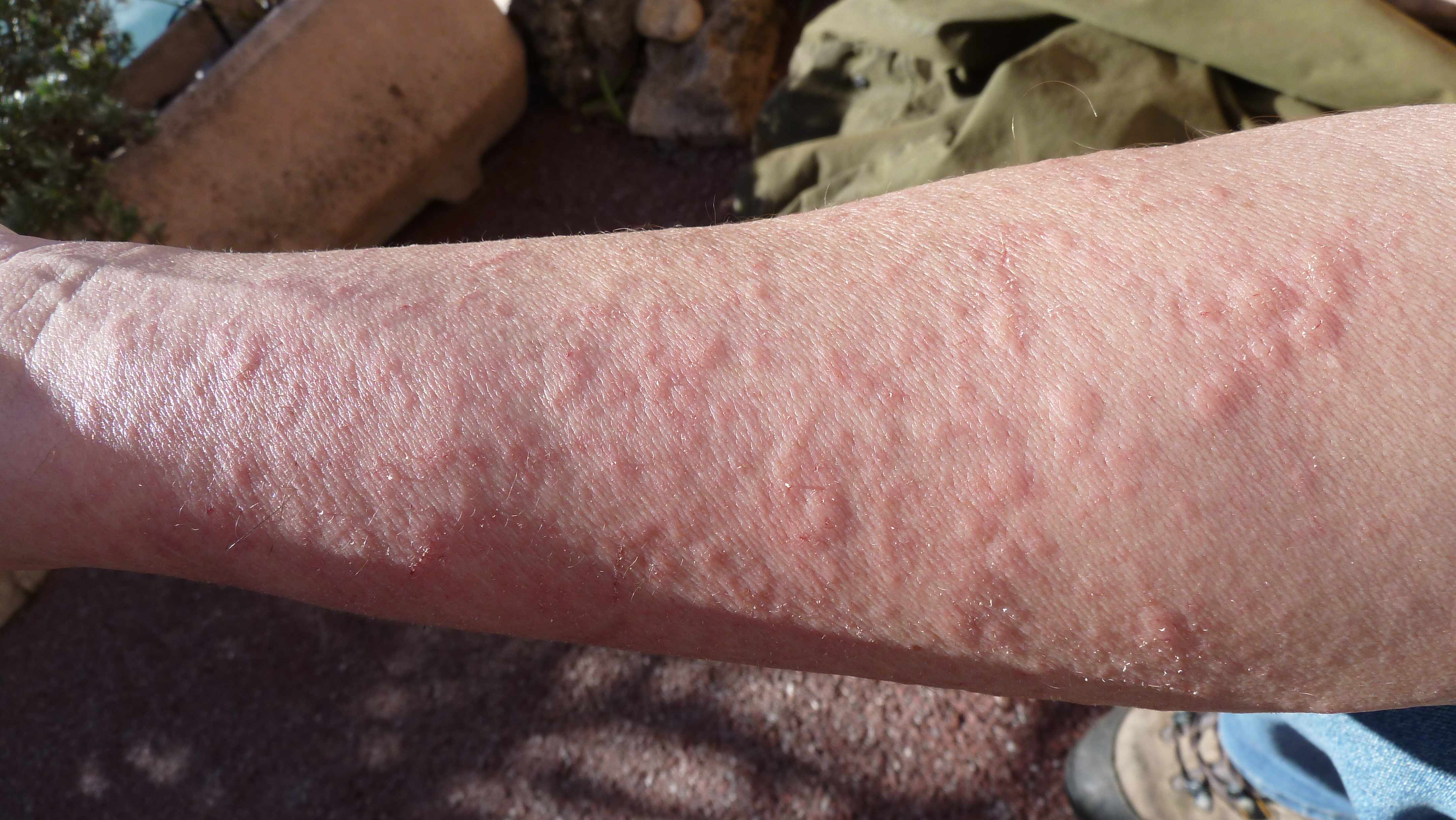The breathtaking dance of colorful flowers, the gentle hum of buzzing bees, and the refreshing caress of a gentle breeze on your skin—it’s the picturesque symphony of nature that lures us all to venture into the great outdoors. However, for many, the arrival of seasonal allergies dampens this joyous escapade. Fear not, for there are ways to prevent the onset of these bothersome allergies and revel in the delights of Mother Nature unreservedly. In this article, we will unearth the secrets to not only survive but thrive amidst the pollen-filled air, unlocking the gateway to a world where allergies are but a faint memory. So, buckle up as we embark on a journey to learn how to prevent seasonal allergies while basking in the glory of the great outdoors.
Sommaire
- Preventing Seasonal Allergies: A Guide to Enjoying the Outdoors
- Understanding the Causes of Seasonal Allergies
- Practical Tips to Minimize Allergic Reactions
- Optimizing Outdoor Experiences for Allergy Sufferers
- Perspectives futures

Preventing Seasonal Allergies: A Guide to Enjoying the Outdoors
Spring and summer are beautiful seasons to spend time outdoors and enjoy the fresh air. Unfortunately, for many people, the arrival of warmer weather also means the onset of seasonal allergies. The good news is that with a few preventive measures, you can minimize your exposure to allergens and still have a delightful time outside.
Here are some clever tips to help you prevent seasonal allergies:
- Keep an eye on the pollen count: Check the daily pollen forecast in your area and plan your outdoor activities accordingly. Avoid going outside during peak pollen hours, typically in the morning and early evening.
- Wear protective clothing: When heading outdoors, cover up with long-sleeved shirts, pants, and a wide-brimmed hat. This creates a physical barrier between your skin and allergens, reducing the chances of irritation.
- Choose the right time and place: Opt for activities that are less likely to expose you to allergens. For example, a picnic in a pollen-free park would be a better option than a hike through a heavily planted area.
- Consider medication: Consult with your healthcare professional about appropriate allergy medications, such as antihistamines or nasal sprays. These can help alleviate symptoms and allow you to enjoy the outdoors without worry.
By following these preventive measures, you can ensure that seasonal allergies don’t dampen your outdoor adventures. So, go ahead and embrace the beauty of nature while keeping those allergies at bay!

Understanding the Causes of Seasonal Allergies
Seasonal allergies can put a damper on anyone’s outdoor activities, but with some understanding of their causes, you can take proactive steps to prevent them and make the most of your time outdoors. One of the main culprits behind seasonal allergies is pollen. Pollen is released into the air by trees, grasses, and weeds, and when it comes in contact with your nasal passage, it triggers an allergic reaction. Different types of pollen are prevalent during different times of the year, so knowing which one triggers your allergies can help you plan ahead.
Another common cause of seasonal allergies is mold. Mold thrives in damp and humid conditions, particularly in the outdoors. It releases spores into the air, which can irritate your respiratory system. To prevent mold allergies, it’s essential to keep an eye out for areas where mold can grow, such as piles of damp leaves or areas with poor drainage. Regularly cleaning and maintaining these areas can help reduce the risk of mold exposure, allowing you to enjoy the great outdoors without the annoying symptoms of allergies.

Practical Tips to Minimize Allergic Reactions
Are you tired of letting seasonal allergies ruin your outdoor adventures? Don’t worry, we’ve got you covered with some handy tips and tricks to help you enjoy the great outdoors while keeping those pesky allergic reactions at bay. Here are some practical steps you can take:
- Know your triggers: The first step in minimizing allergic reactions is to identify what triggers your symptoms. Is it pollen from trees, grasses, or flowers? Or maybe it’s dust mites or pet dander? Knowing your triggers will allow you to take specific preventative measures.
- Monitor pollen levels: Stay informed about the pollen levels in your area by checking local weather reports or using apps that provide up-to-date pollen forecasts. Avoid spending extended periods outdoors during high pollen count days.
- Time outdoor activities wisely: Pollen levels are typically highest in the morning and early evening. Plan your outdoor activities for other times of the day to minimize exposure to allergens.
- Keep windows closed: While it may be tempting to let fresh air in, it’s best to keep windows and doors closed during peak allergy seasons. Use air purifiers or install allergen-proof window screens to help filter out pollen and other allergens.
- Wear appropriate clothing: When heading outdoors, wear sunglasses to protect your eyes from pollen and a wide-brimmed hat to shield your face. Also, opt for long sleeves and pants to minimize direct contact with allergens.
- Shower and change clothes after being outside: Pollen can easily stick to your clothes and hair, so it’s important to shower and change into fresh clothing immediately after spending time outdoors.
- Keep indoor environments clean: Regularly vacuum and dust your home to minimize indoor allergens. Consider using allergen-proof pillow and mattress covers to prevent exposure to dust mites.
- Consult a healthcare professional: If over-the-counter antihistamines and other allergy medications are not providing adequate relief, it may be time to consult with a healthcare professional who can provide personalized advice and recommend stronger treatments.
By following these practical tips, you can take control of your allergies and enjoy the beauty of nature without the nuisance of allergic reactions. Don’t let allergies hold you back—get out there and make the most of your outdoor adventures!

Optimizing Outdoor Experiences for Allergy Sufferers
Allergy season can be a challenging time for outdoor enthusiasts, but it shouldn’t prevent us from enjoying the great outdoors. By taking a few precautions and following some simple tips, those with allergies can still have a fantastic time under the sun while minimizing their symptoms.
First and foremost, it’s important to stay informed about the local pollen count. Check daily forecasts or use mobile apps specifically designed for this purpose. Planning your outdoor activities during times when the pollen count is lower can significantly reduce your exposure and alleviate allergy symptoms. Additionally, here are some other helpful tips for :
- Wear sunglasses to protect your eyes from irritants and airborne allergens.
- Use hypoallergenic sunscreen and lip balm to prevent skin reactions.
- Choose outdoor locations with less exposure to common allergens, such as pollen-heavy areas or newly mowed grass.
- Consider wearing a hat or a cap to minimize contact with allergens.
Furthermore, it’s a good idea to always carry essential allergy medications with you, such as antihistamines or nasal sprays. These can provide quick relief from symptoms if they arise while you’re enjoying outdoor activities. Remember to consult with a healthcare professional to identify the most suitable medication for your specific allergies.
Perspectives futures
As we conclude our exploration into preventing seasonal allergies and embracing the great outdoors, we can’t help but feel a renewed sense of wonder for the wonders that nature has to offer. By implementing these strategies and staying one step ahead of those pesky allergens, we can indulge in the sights, sounds, and scents of every season without the constant worry of watery eyes or sneezing attacks.
Remember, knowledge is power! Educating ourselves about the triggers that aggravate our allergies is the first and vital step towards a more enjoyable outdoor experience. Empowered with this understanding, we can create an allergy prevention plan that suits our unique needs and preferences.
As we’ve discovered, incorporating simple lifestyle changes, such as regularly washing our hands, keeping our homes clean and pollen-free, and making conscious dietary choices, can significantly reduce our chances of falling victim to seasonal allergies. Furthermore, when venturing outside, don’t forget to dress appropriately, apply barrier creams, and consider using nasal sprays or sunglasses for added protection against allergens.
But let’s not forget the true essence of this journey: the joy and beauty that comes from connecting with nature. Take a moment to close your eyes and imagine those breathtaking scenes – flowers swaying in the breeze, birds singing their melodious tunes, and the warm touch of the sun on your skin. With the right precautions in place, you can immerse yourself in these captivating moments, knowing that you’ve taken the necessary steps to prevent allergies from overshadowing your experience.
So, go ahead, embark on your next adventure with confidence. Explore the fragrant meadows, hike through wild forests, and bask in the glory of radiant sunsets. With these tips in mind, allergies will no longer dictate your outdoor activities. Embrace nature, enjoy all that the seasons have to offer, and create memories that will last a lifetime.
Remember, prevention is the key, and the key to prevention lies within your hands. Take charge of your allergy management, unlock the door to limitless possibilities, and savor every enchanting aspect of the great outdoors. Happy exploring!



